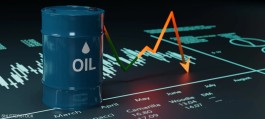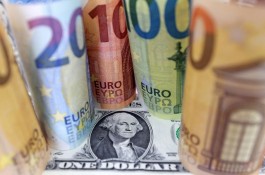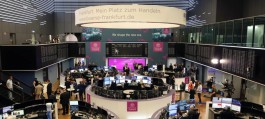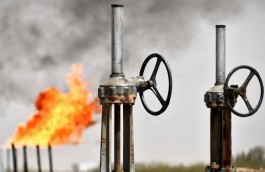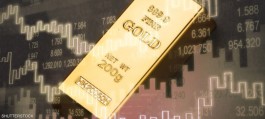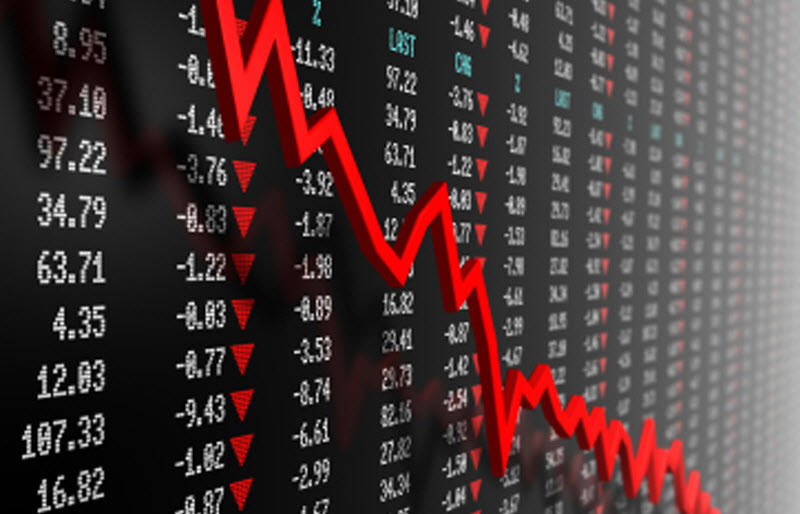A global economist predicted a second downturn in financial markets, as the current climate closely resembles the atmosphere prevailing in 1929.
According to ArabiaNet, expert Gary Schilling said in an interview with CNBC: "I think we have a second descending wave, and this reminds us greatly of what happened in the thirties of the century." In the past, the stock market could drop between 30-40% over the next year as investors realize that an economic recovery from a recession associated with the Corona virus may take longer than expected.
The SP 500 index fell in February and early March as the Corona pandemic spread across the United States, forcing companies to lay off workers. Since mid-March, the index has recovered almost 40% as investors have become optimistic about gradually reopening the economy and policymakers are pumping trillions of dollars of economic stimulus into the financial system.
He added that the market may drop by 40% over the next year.
The early economic data boosted the V-shaped recovery, as the economy quickly recovered from the sharp downturn, yet some investors remain cautious as the number of HIV cases continues to grow. Corona, the United States is on the rise.
Al Shilling said that the return of S&P 500 was similar to its bounce in 1929, when stocks rose after the initial crash. And he warned that history could repeat itself with the S&P 500 on the verge of collapse again, as in the early 1930s after the severity of the Great Depression became clear.
He said stocks are very similar in their movements to this boom that took place in 1929, where there is an absolute conviction that the virus will be under control and that the huge monetary and financial incentives will revitalize the economy. .
Schilling, the author of several books, said the Corona pandemic would force consumers to be more careful about spending in the coming years.
I think we will see downward pressure on prices and this is in favor of treasury bonds, which have been my favorite since 1981.
Schilling writes, citing the stark unemployment numbers of the time: The epidemic is likely to be the most turbulent event since WWII with both long-term consequences. He added: It is certain that many will reduce spending in the coming years to rebuild savings, especially as the crisis threw them at a time when the debt was high and the most ...


















